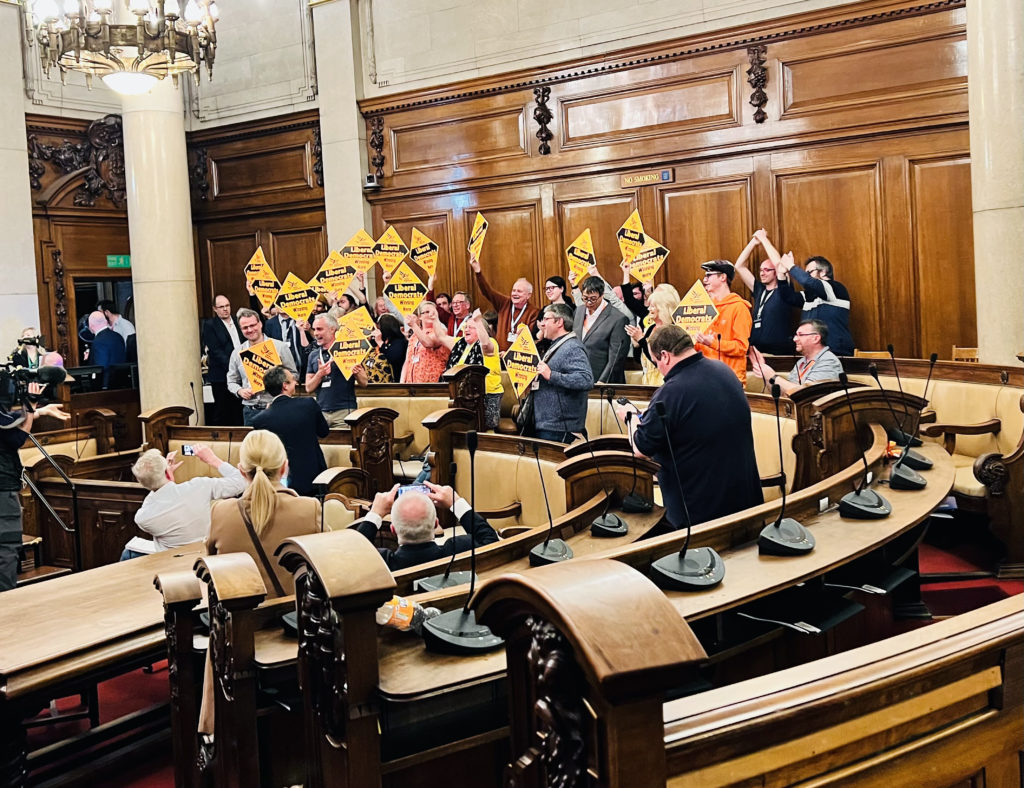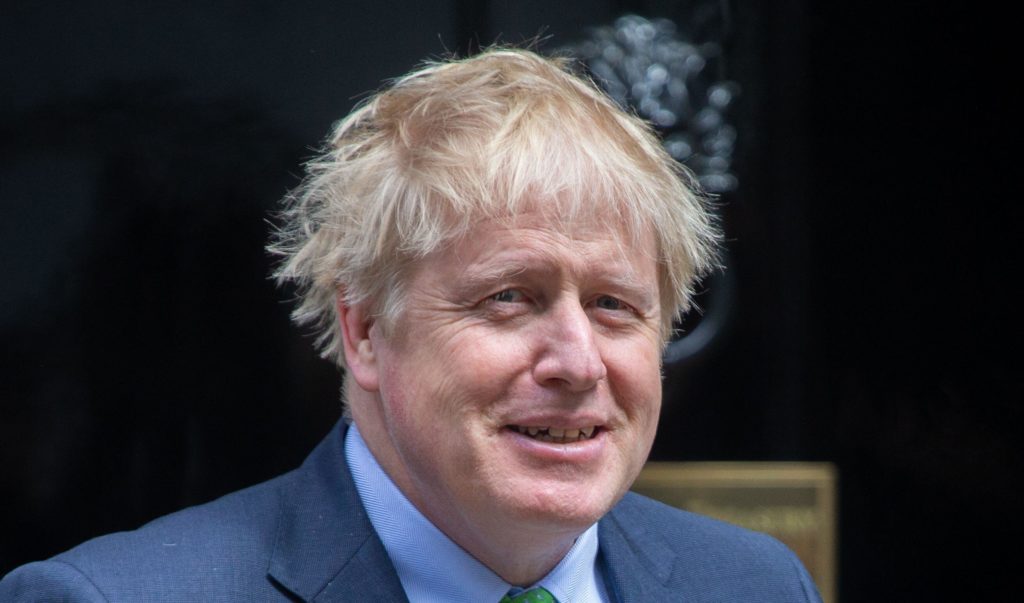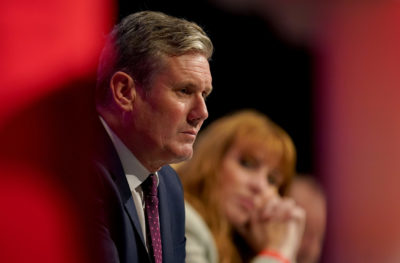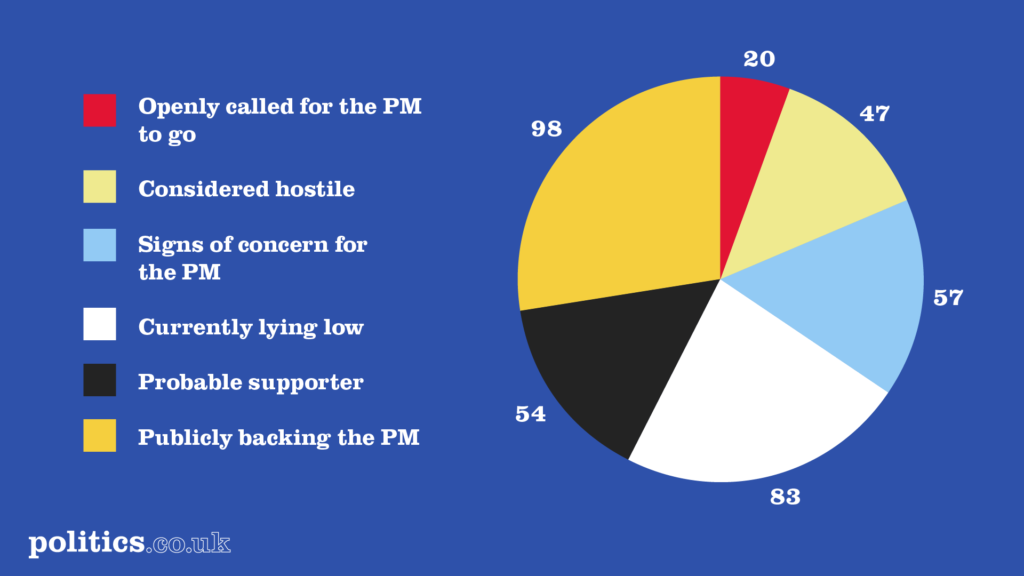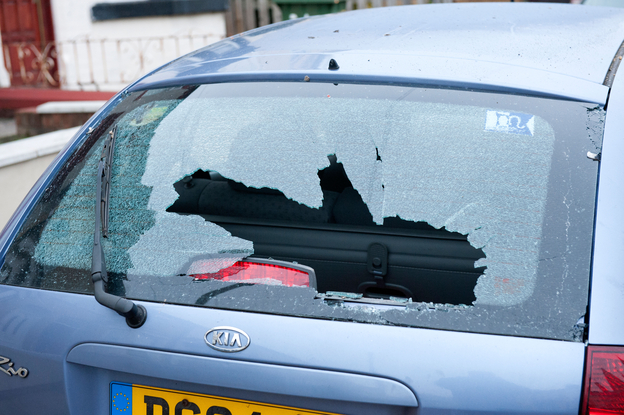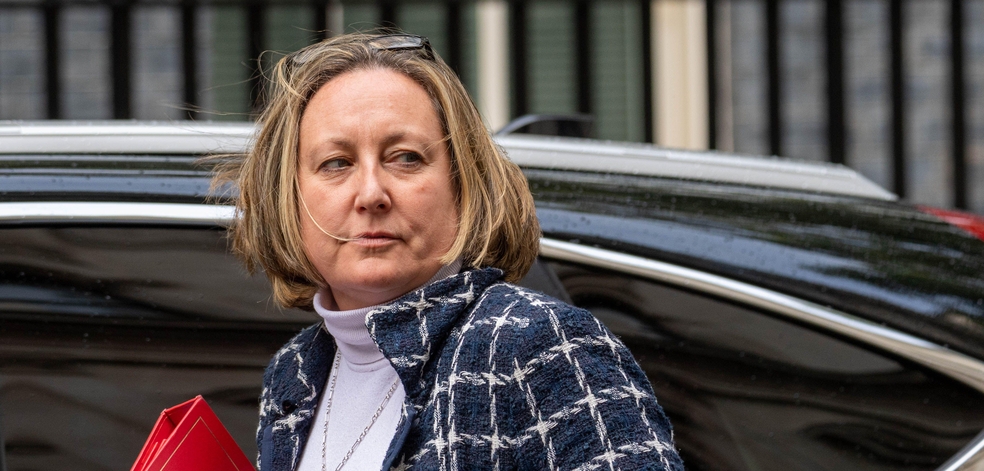What are the Falkland Islands?
The Falkland Islands, or ‘Islas Malvinas’, are an archipelago of small islands located in the South Atlantic Ocean, approximately 300 miles east of the South American mainland (Argentina and Chile).
The Islands are widely considered an ‘Overseas British Territory’, and the constitutional status of the islands, with supreme authority vested in HM the Queen, reflects this status.
The Islands, populated by around 3,000 people, are governed by a a Governor appointed by the Crown, aided by an elected executive and legislative council, in accordance with the Falkland Islands constitution.

Jetty used by visitors arriving by sea in Stanley, capital of the Falkland Islands.
Background
The islands have long been the subject of territorial dispute, first between the Spanish and English in the 1760s, and subsequently between the UK and Argentina, the UK having established a naval garrison on the island in 1833 to assert sovereignty over the Island from an interim Argentine administration.


Since this time the Islands have remained under UK administration with a largely English speaking population living on the Islands ever since.
Argentina, then led by the military government of General Leopoldo Galtieri, and in the midst of its worst economic crisis for decades, invaded the Falklands and declared possession in April 1982. Seven weeks later, a British Task Force landed and reclaimed the Islands by June. The UN deemed the invasion a ‘breach of the peace’ in UNSCR 502 (1982), granting the UK the right to fight in self-defence. NATO and the European Community also backed up the UK’s claim.
Diplomatic relations between the UK and Argentina were not restored until 1990.
The Argentine government still claims rightful possession of the islands and charges the UK with illegal occupation, although President Carlos Menem renounced the use of force as a means of regaining the Islands in 1998.
Argentina claims that possession devolved upon the inheritance of Spanish title to the Islands following independence, through the principle of territorial contiguity, and through simple rights of settlement. The UK argues these claims have no foundation in international law or fact, and claims both that Britons were the first to settle on the Islands and that its current status is merely fulfilling the principle of self-determination of the islanders.
In November 2008, a new constitution was agreed by the British and Falkland Islands governments and approved by the Queen. The constitution came into force on 1st January 2009 and replaces a charter adopted in 1985. Argentina strongly condemned the move and announced that it would lodge a formal complaint with Britain.
On the 14th June 2012, the people of the Falklands marked the 30th anniversary of the end of the Falklands War. British troops liberated the Islands from Argentine occupation in 1982.
Controversies
The 1982 Falklands War is widely interpreted as the British Empire’s last hurrah. Critics of current defence policy say that it would be impossible today to conduct a unilateral campaign in the south Atlantic against any sort of opponent.
Notwithstanding the Falklands’ position as a touchstone of British military pride, in 2001 the Public Records Office released a secret report produced by the Foreign Office that revealed the British government was once actively negotiating the return of sovereignty of the Islands to Argentina.
The plan, conducted during the 1960s, failed. The indigenous population, most of whom were quoted in the report as “violently anti-Argentinian”, actively opposed the idea. The report, carried out by Lord Chalfont after a tour of the island, appeared to reveal a desire on the part of the then British government to release the Islands, whilst at the same time avoiding giving the impression of “abandonment to the islanders”.
One of the most controversial incidents of the Falklands War was the sinking of the Argentine cruiser, the General Belgrano. 368 crewmen were killed, and the vessel was outside and indeed sailing away from the 200-mile exclusion zone. Large sections of the public and many MPs were outraged at the move, which took place while UN-sponsored peace talks were in progress.
In 2000, the European Court of Human Rights rejected an attempt by victims’ families to sue the British Government for sinking the Belgrano illegally.
After being elected Argentine president in December 2007, Cristina Fernandez de Kirchner continued to campaign vigorously for talks to resume on the sovereignty of the Falklands. The 30th anniversary of the Falklands War in February 2012 saw her efforts intensify. In a speech to MPs and war veterans she referred to the Falklands as a UK ‘colonial enclave’, a claim disputed by the islanders themselves.
Argentina also announced that it would make a formal complaint to the UN following the decision to send the British destroyer HMS Dauntless to the Falkland Islands. President Kirchner said: “They are militarising the South Atlantic once more – we cannot interpret this any other way.” The Royal Navy insisted the deployment was “routine.”
Further controversy was provoked by Argentina when an advert was broadcast showing Fernando Zylberberg, a member of the Argentine hockey team, training on the Falklands for the 2012 London Olympics. He is seen running through the streets of Stanley and doing step-ups on a British war memorial, followed by a slogan saying: “To compete on English soil, we train on Argentine soil.”
The advert was criticised by the Foreign Office as disrespectful and Sir Martin Sorrel, head of WPP which owns the agency behind the advert, was quoted at the time as saying he was “appalled and embarrassed by it.”
On 12th June 2012, the Falkland Islands Government announced that it would hold a referendum in the first half of 2013 on the political status of the Falklands. The chairman of the Legislative Assembly, Gavin Short said there was “no doubt” that the people of the Falklands wished the Islands to remain a self-governing Overseas Territory of the UK; the referendum was intended to “convey a strong message to the outside world” that the islanders “certainly have no desire to be ruled by the Government in Buenos Aires.”
In the ballot, 1,513 Falkland Islanders (99.8%) voted for the islands to remain a British territory, with only three votes against. The turnout was 92%, and the referendum was observed by an International Team of Observers to demonstrate validity.
Argentine President Cristina Fernández de Kirchner rejected the result and described the referendum as a “parody”, saying “It is as if a consortium of squatters had voted on whether to continue illegally occupying a building.”
Statistics
Falkland Islands facts:
Status: British Overseas Territory
Area: 12,173 sq km (4,700 sq miles)
Population: 2,955 (2006 Census)
Capital City: Stanley
Languages: English
Religion(s): Christian, with Catholic, Anglican and United Reformed Churches in Stanley. Other faiths are also represented.
Currency: Falkland Island Pound (at par with sterling)
Head of State: HM Queen Elizabeth II
The majority of the population of the Falkland Islands are British by birth or descent. Indeed, many can trace their family origins in the Islands back to the early nineteenth century. The last census (in 2006) recorded 2,478 Falkland Islanders. In addition to these, the census also recorded a significant minority of resident Chileans and St Helenians. Most of the remaining population comprises people from the UK mainland and third countries working under contract at either the Mount Pleasant Airfield, or in certain government positions that require specialist skills.
The Falkland Islands are one of fourteen British Overseas Territories
Source: Foreign Office – March 2012
Quotes
“Self-determination is a basic political right of the people of the Falkland Islands … You can count on us always, permanently, to stand by that right.” – Foreign Secretary William Hague, responding to questions by Argentina’s Ambassador to London Alicia Castro – May 2012
“The Argentine Government deploys misleading rhetoric that wrongly implies that we have no strong views or even that we are being held hostage by the UK military. This is simply absurd”…”We are holding this referendum not because we have any doubts about who we are and what future we want, but to show the world just how very certain we are about that.” – Chairman of the Falkland Isles Legislative Assembly, Gavin Short – June 2012



